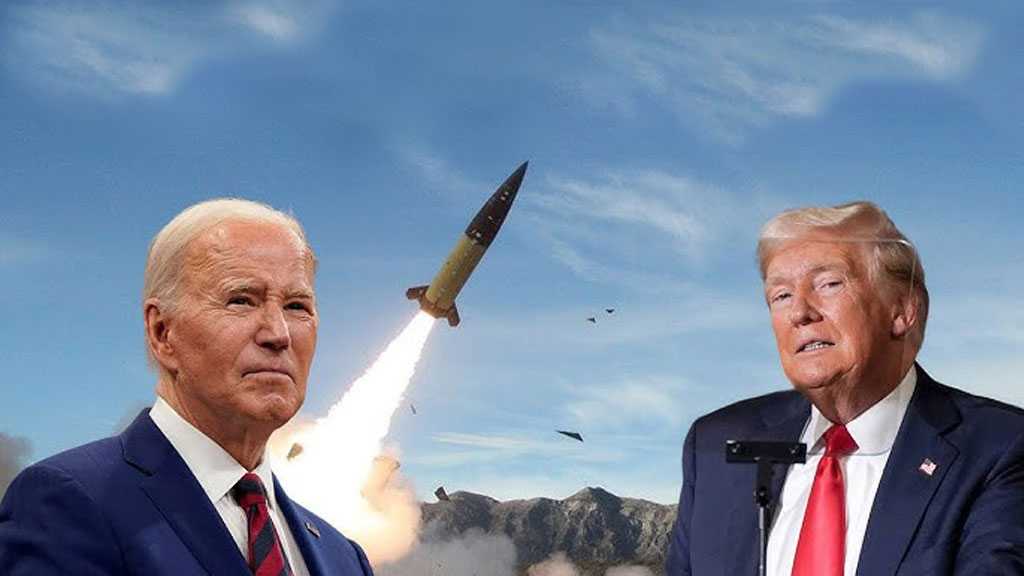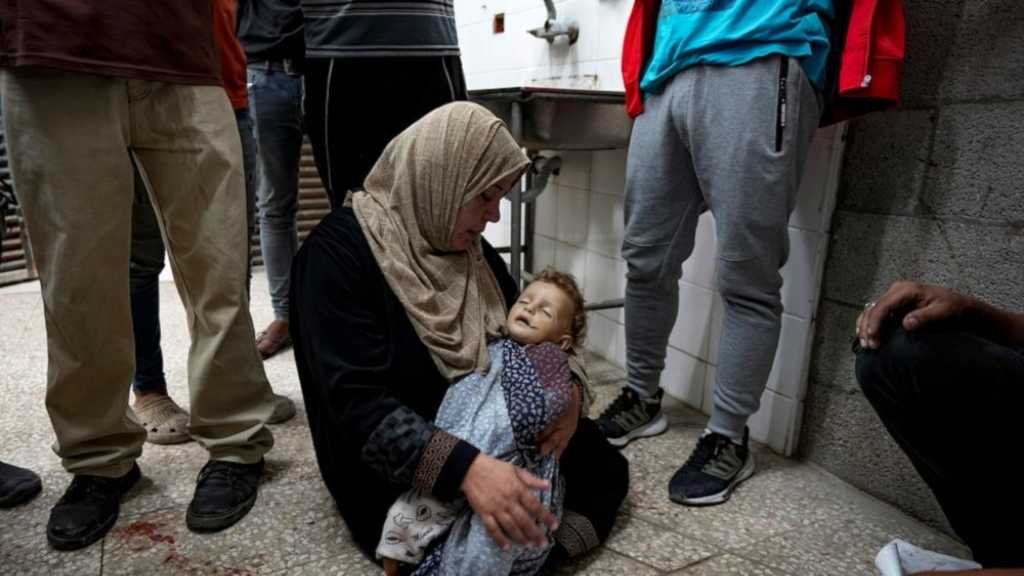
Canadian Finance Minister Freeland Resigns, Criticizes Trudeau’s Economic Policies

By Staff, Agencies
Canadian Finance Minister and Deputy Prime Minister Chrystia Freeland resigned from Prime Minister Justin Trudeau’s cabinet on Monday, issuing a sharply critical letter condemning his handling of economic policy and focus on “costly political gimmicks” amidst escalating economic challenges, including looming tariff threats from the United States.
In her resignation letter, Freeland highlighted a growing rift with Trudeau over Canada’s economic direction, particularly in light of incoming US President Donald Trump’s threat to impose a 25% tariff on goods from Canada and Mexico.
Freeland stressed the importance of fiscal prudence to prepare for potential trade conflicts.
“We need to take that threat extremely seriously,” she wrote, adding, “That means keeping our fiscal powder dry today, so we have the reserves we may need for a coming tariff war. That means eschewing costly political gimmicks, which we can ill afford and which make Canadians doubt that we recognize the gravity of the moment.”
Freeland criticized recent government measures, including Trudeau’s proposal for a two-month sales tax holiday and $175 payments to about half of Canadian citizens. She described these as unsustainable initiatives during a period of economic uncertainty.
“This is a moment of grave challenge,” Freeland wrote. “Canadians know when we are working for them, and they equally know when we are focused on ourselves.”
Freeland’s resignation came on the same day she was scheduled to present the autumn economic statement. Instead, the task fell to Karina Gould, the leader of the government in the House of Commons, who revealed a fiscal deficit of $43.45 billion for the year—50% higher than projected.
Following the resignation, Trudeau appointed Public Safety Minister Dominic LeBlanc, a long-time ally, as Freeland’s replacement. LeBlanc was sworn in later that day, emphasizing the government’s commitment to addressing the cost of living and finding common ground with the incoming US administration.
“This hasn’t been an easy day,” Trudeau told party supporters, though he did not outline specific plans for moving forward.
Freeland, a former journalist, has served in various roles within the Liberal government since 2013. She confirmed her intention to seek re-election in her Toronto constituency during the next federal election, expected by October 2025.
Freeland’s departure also reignited scrutiny of her family history, particularly archival records linking her grandfather, Michael Chomiak, to Nazi collaboration during World War II — an allegation Freeland’s representatives have dismissed as “Russian disinformation”.
Her resignation marks a critical juncture for Trudeau, whose popularity has been undermined by concerns over inflation and immigration policies. With opposition parties and members of his own Liberal Party calling for his resignation, questions mount over Trudeau’s political future and the viability of a fourth-term run.
Comments
- Related News


